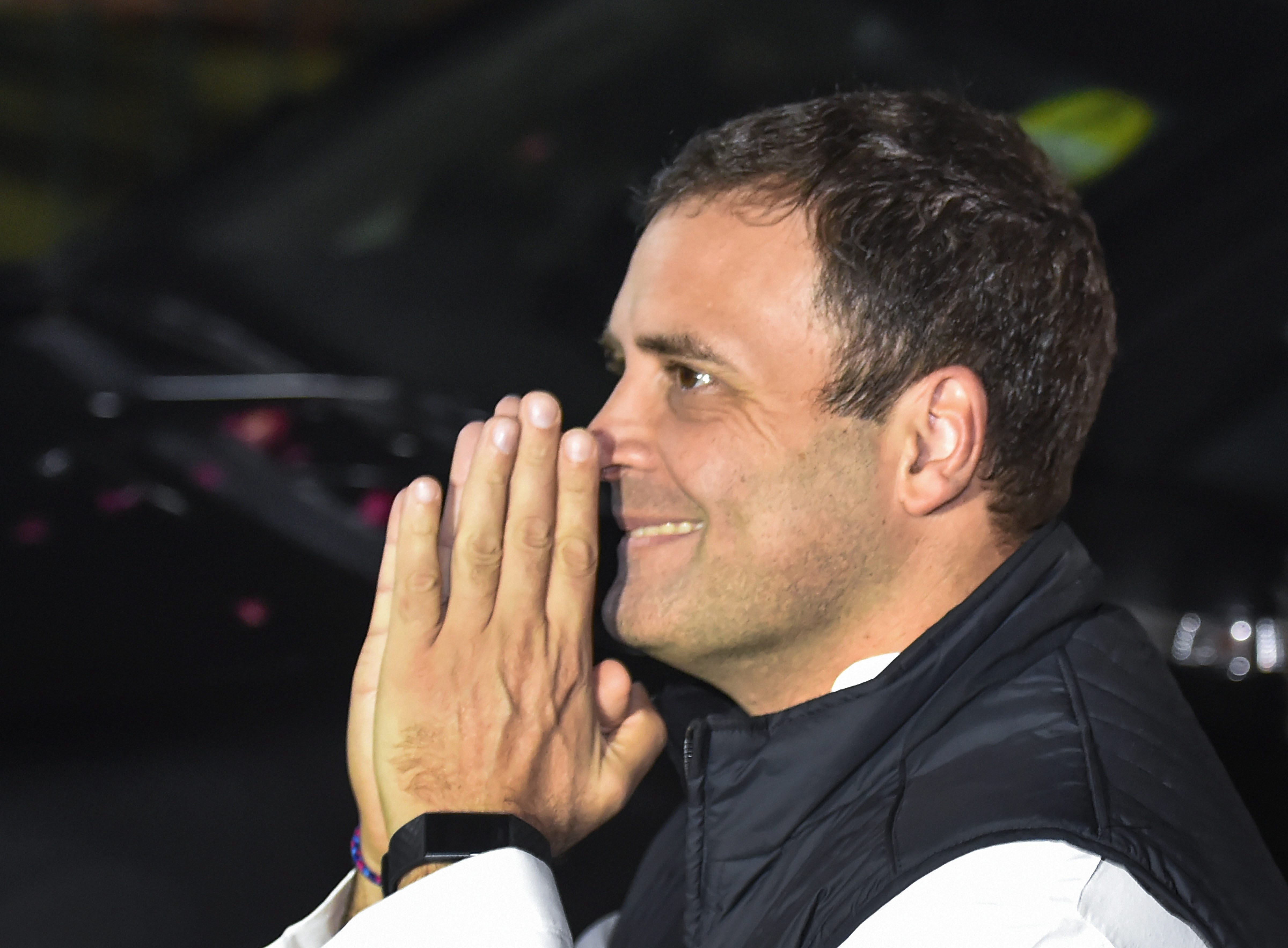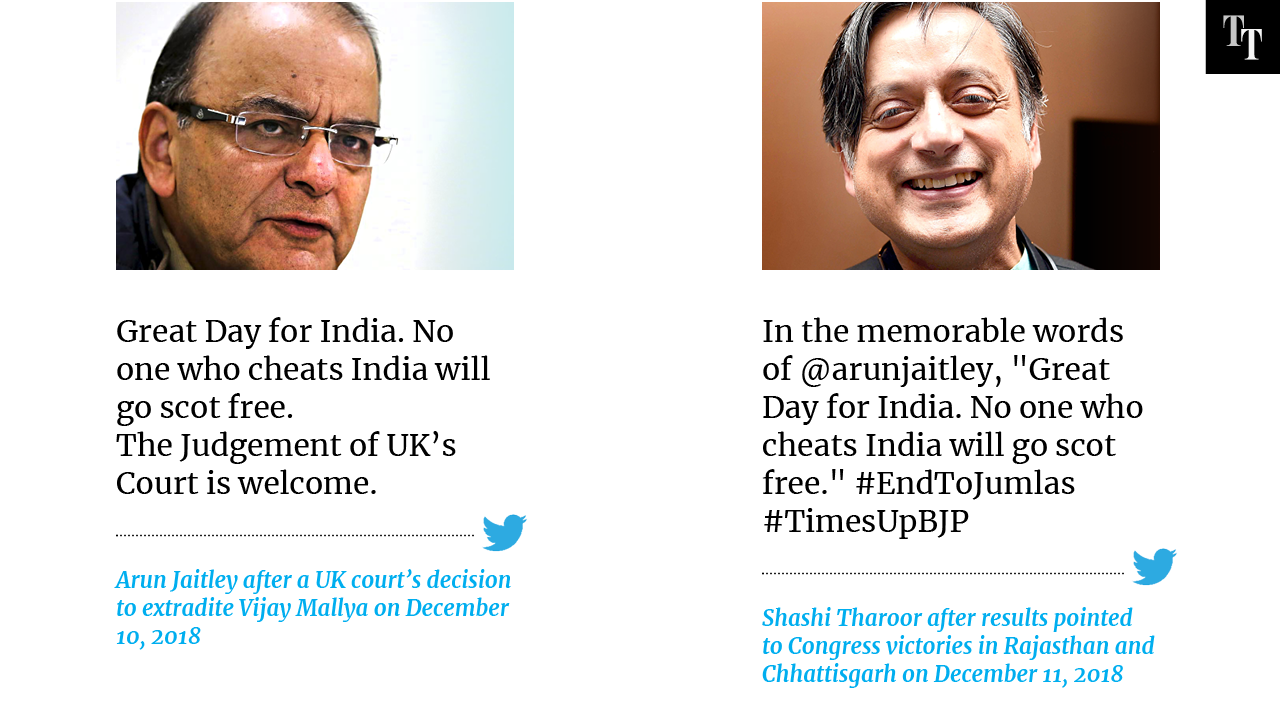Great power begets great responsibilities. This much is known and discussed often. But what is not deliberated upon with as much fervour in the public discourse is the relationship between power and humility. Only a handful of modern statesmen can resist the urge to be arrogant in their hour of triumph. The Congress president, Rahul Gandhi, seems to be among them. He has chosen to remain both humble and introspective even as the Congress defeated the Bharatiya Janata Party in the latter’s strongholds of Rajasthan, Chhattisgarh and, with much more trouble, in Madhya Pradesh. Mr Gandhi has said that he is confident about triumphing against the BJP, once again, in 2019. Significantly, he reminded friends and foes alike that he has no intentions of obliterating the Congress’s principal political adversary from the country. Mr Gandhi was certainly alluding to the chorus that has emanated, time and again, from the top echelons of the BJP whose leaders — the prime minister is among them — have thundered that they would rid India of its oldest political party. Mr Gandhi’s wisdom, magnanimity and grace are refreshing: some would even suggest that Narendra Modi and his colleagues would do well to cultivate these fine qualities. Indeed, one of the reasons that Mr Gandhi cited in his assessment of the downfall of the BJP in this round of elections is Mr Modi’s refusal to “listen to the heartbeat of the country”.
Mr Gandhi’s reasoning cannot be dismissed easily. The overwhelming mandate that the people of India delivered to Mr Modi and his party in the last general elections seems to have been interpreted by the powers that be — or should that read ‘duopoly?’ — in the BJP as a licence to impose an authoritarian, centralized political culture on an essentially diverse, pluralistic political economy. Some of Mr Modi’s decisions, such as the one to enforce demonetization, have been justifiably criticized as being domineering in nature. Polarizing political programmes have caused further unrest among minorities. Could it be that Mr Modi’s imperiousness made him impervious to the sufferings on the ground, compelling him to miss, as Mr Gandhi suggests, the pulse of the nation? The people seem to have retaliated in the only way they could — through their vote. The BJP and its pradhan sevak must learn to be more accommodating in their approach before their stern electoral test in 2019. But are not strongmen and humility akin to chalk and cheese?











